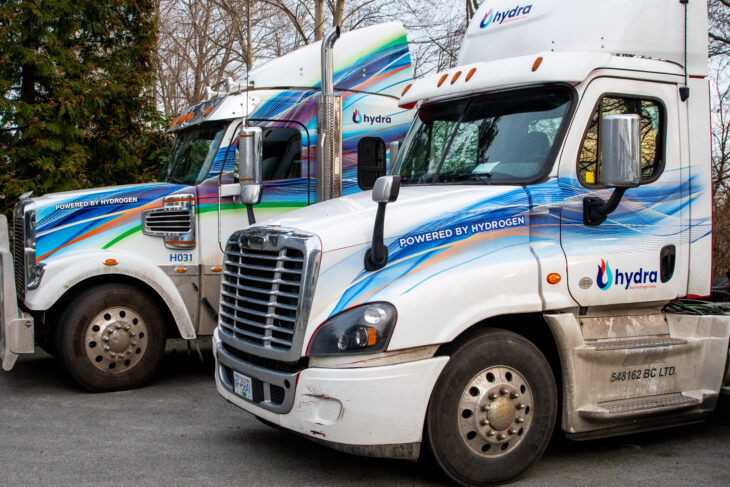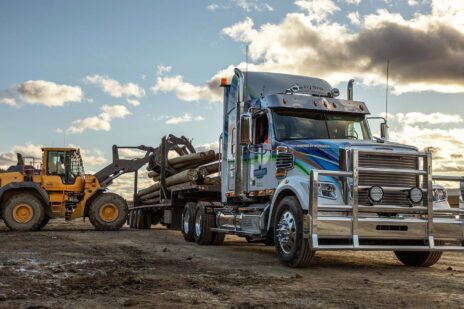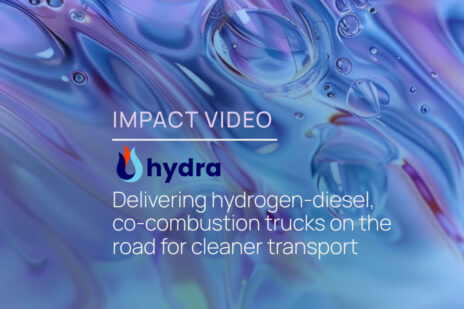THE PROBLEM
In Canada, heavy-duty trucking accounts for 1.37% of all vehicles on the road but disproportionately contribute 30% of all transport related emissions. In BC alone greenhouse gas emissions have grown 27% in the last decade and are forecasted to grow another 17.3% by 2030. Hydra recognizes the sustainability potential for the 489,000 diesel heavy-duty trucks in Canada, and a further 4 million in the US, to be converted to hydrogen-diesel co-combustion.
In order to scale and address the market Hydra needs to simplify its calibration process to allow for a greater number of conversions in a shorter period of time. Currently it can take several months to determine the optimal hydrogen injection rate to convert trucks via manual calibration, a time barrier that results in low conversion rates.





